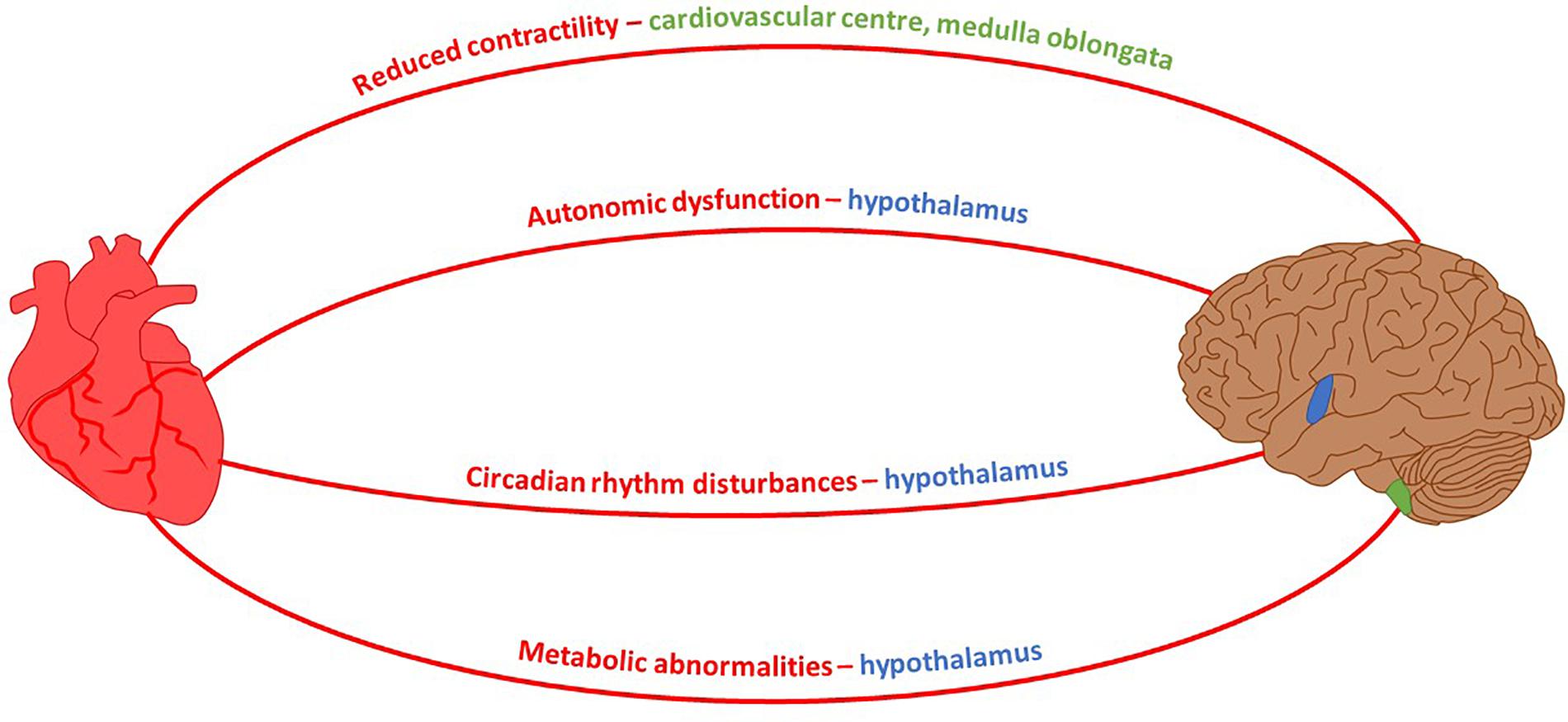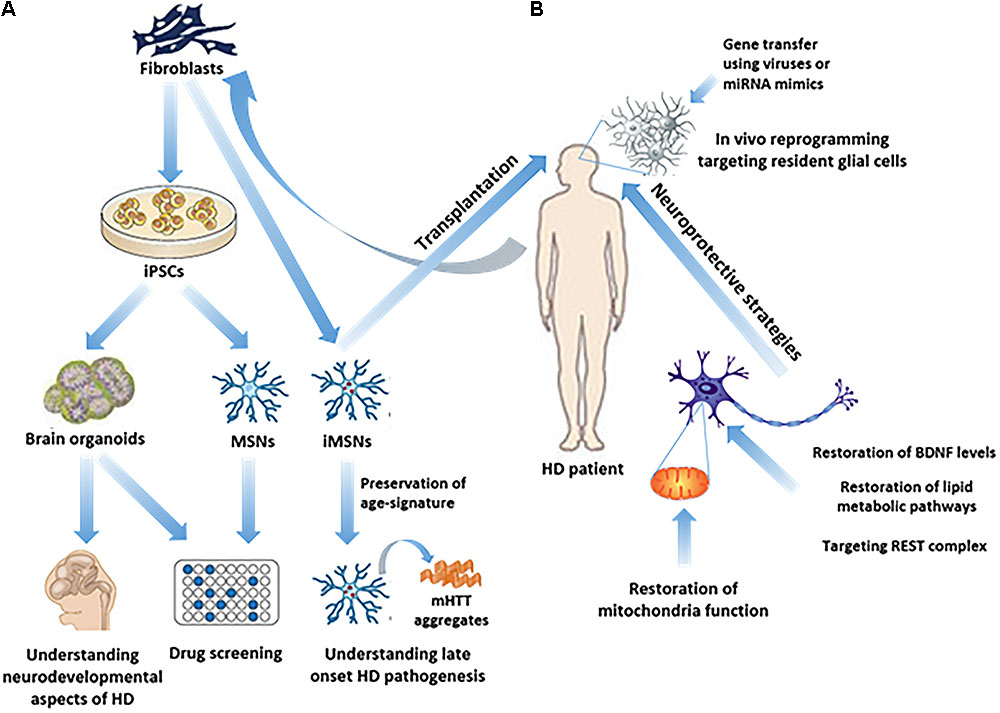Huntington’s Disease, often abbreviated as HD, is a progressive and debilitating neurological condition that affects thousands of individuals worldwide. This disorder not only impacts those diagnosed but also their families and caregivers. In this comprehensive guide, we will explore the intricacies of Huntington’s Disease, from its causes and symptoms to available treatments and ongoing research. By understanding this condition in detail, we aim to provide clarity and support for anyone touched by it.

What Is Huntington’s Disease?
Huntington’s Disease is a hereditary neurodegenerative disorder that primarily affects the brain. It leads to the gradual breakdown of nerve cells, particularly in areas responsible for movement, cognition, and emotions. As these nerve cells deteriorate, individuals experience a wide range of physical, mental, and emotional challenges. The disease typically manifests in adulthood, though juvenile cases have been reported. Its progression is relentless, and currently, there is no known cure.
The Genetic Basis of the Disease
Huntington’s Disease is caused by a mutation in a specific gene located on chromosome four. This gene, known as the HTT gene, provides instructions for producing a protein called huntingtin. In people with the disease, a section of the gene contains an abnormal repetition of a DNA sequence. This repetition results in the production of an altered form of the huntingtin protein, which accumulates in the brain and leads to cellular damage.
The genetic nature of the disease means that it is inherited in an autosomal dominant pattern. This implies that if one parent carries the mutated gene, each child has a fifty percent chance of inheriting the condition. Genetic testing can determine whether an individual carries the mutation, but the decision to undergo such testing is deeply personal and often accompanied by significant emotional considerations.
Symptoms of Huntington’s Disease
The symptoms of Huntington’s Disease vary widely among individuals and tend to worsen over time. They can be broadly categorized into three main groups: motor symptoms, cognitive symptoms, and psychiatric symptoms.
Motor Symptoms
- Involuntary Movements: One of the hallmark signs of the disease is chorea, which refers to uncontrollable, jerky movements. These movements can affect various parts of the body and may interfere with daily activities.
- Muscle Rigidity: Some individuals experience stiffness or rigidity in their muscles, making movement difficult.
- Impaired Coordination: Problems with balance, walking, and fine motor skills are common, increasing the risk of falls and injuries.
- Slurred Speech: Difficulty in articulating words clearly is another frequent symptom, impacting communication.
Cognitive Symptoms
- Memory Loss: Individuals may struggle with short-term memory and find it challenging to retain new information.
- Difficulty Concentrating: Focusing on tasks or following conversations can become increasingly difficult.
- Poor Judgment: Decision-making abilities may decline, leading to impulsive or irrational behavior.
- Decreased Problem-Solving Skills: Tasks that require planning or critical thinking may become overwhelming.
Psychiatric Symptoms
- Depression: Feelings of sadness, hopelessness, and loss of interest in previously enjoyed activities are common.
- Anxiety: Persistent worry or fear can significantly impact quality of life.
- Irritability: Mood swings and irritability may strain relationships with family and friends.
- Obsessive-Compulsive Behaviors: Some individuals develop repetitive behaviors or intrusive thoughts.
Diagnosis of Huntington’s Disease
Diagnosing Huntington’s Disease involves a combination of clinical evaluations, genetic testing, and imaging studies. Since the symptoms often overlap with other neurological conditions, a thorough assessment is crucial for accurate diagnosis.
Clinical Evaluation
A healthcare provider will begin by taking a detailed medical history, including any family history of the disease. They will then conduct a physical examination to assess motor skills, coordination, and reflexes. Observing involuntary movements or muscle rigidity can provide important clues.
Genetic Testing
Genetic testing is the definitive method for diagnosing the disease. A simple blood test can detect the presence of the mutated gene. However, due to the profound implications of a positive result, genetic counseling is strongly recommended before and after testing. Counseling helps individuals understand the risks, benefits, and potential consequences of knowing their genetic status.
Imaging Studies
Brain imaging techniques, such as magnetic resonance imaging or computed tomography scans, may be used to evaluate structural changes in the brain. While these scans cannot diagnose the disease on their own, they can help rule out other conditions and monitor disease progression.
Treatment Options for Huntington’s Disease
Although there is no cure for Huntington’s Disease, various treatment options can help manage symptoms and improve quality of life. These treatments focus on addressing motor, cognitive, and psychiatric symptoms through medications, therapies, and lifestyle modifications.
Medications
- Tetrabenazine: This medication is commonly prescribed to reduce involuntary movements associated with chorea.
- Antidepressants: Drugs such as selective serotonin reuptake inhibitors can alleviate symptoms of depression and anxiety.
- Antipsychotics: In some cases, antipsychotic medications may be used to manage severe behavioral disturbances or psychotic symptoms.
- Mood Stabilizers: Medications like lithium or valproate may help regulate mood swings and irritability.
Therapies
- Physical Therapy: Exercises designed to improve strength, flexibility, and balance can enhance mobility and reduce the risk of falls.
- Occupational Therapy: This therapy focuses on helping individuals maintain independence in daily activities by adapting tools and environments to their needs.
- Speech Therapy: Techniques to improve speech clarity and swallowing function are essential for maintaining communication and preventing complications.
- Cognitive Behavioral Therapy: This form of psychotherapy can address negative thought patterns and promote healthier coping strategies.
Lifestyle Modifications
- Healthy Diet: Consuming a balanced diet rich in nutrients supports overall health and may mitigate some symptoms.
- Regular Exercise: Physical activity has been shown to improve mood, cognition, and physical function in individuals with the disease.
- Stress Management: Techniques such as mindfulness, meditation, or yoga can help reduce stress and improve emotional well-being.
Ongoing Research and Future Directions
Research into Huntington’s Disease is ongoing, with scientists striving to uncover new insights into its mechanisms and potential treatments. Several promising avenues are currently being explored, offering hope for future advancements.
Gene Silencing Therapies
One of the most exciting developments in the field is gene silencing technology. This approach aims to reduce the production of the harmful huntingtin protein by targeting the mutated gene. Early clinical trials have shown encouraging results, and further studies are underway to assess long-term safety and efficacy.
Stem Cell Therapy
Stem cell research holds promise for repairing damaged brain tissue. By introducing healthy neurons into affected areas, scientists hope to restore lost functions and slow disease progression. While still in experimental stages, this therapy could revolutionize treatment options in the future.
Drug Development
Researchers are actively investigating new drugs that target specific pathways involved in the disease process. These include compounds designed to protect nerve cells from damage or enhance their resilience. Collaborative efforts between pharmaceutical companies, academic institutions, and advocacy groups continue to drive innovation in this area.
Living with Huntington’s Disease
Living with Huntington’s Disease presents unique challenges for both patients and their loved ones. However, with proper support and resources, it is possible to navigate these difficulties and maintain a fulfilling life.
Support Networks
Connecting with others who understand the realities of the disease can provide invaluable emotional support. Support groups, both in-person and online, offer opportunities to share experiences, exchange advice, and build meaningful relationships.
Educational Resources
Access to reliable information about the disease empowers individuals and families to make informed decisions. Organizations dedicated to Huntington’s Disease provide educational materials, workshops, and conferences to raise awareness and foster understanding.
Planning for the Future
Given the progressive nature of the disease, advance care planning is essential. This includes discussing preferences for medical care, legal arrangements, and financial considerations. Taking proactive steps ensures that the individual’s wishes are respected and reduces uncertainty for family members.





